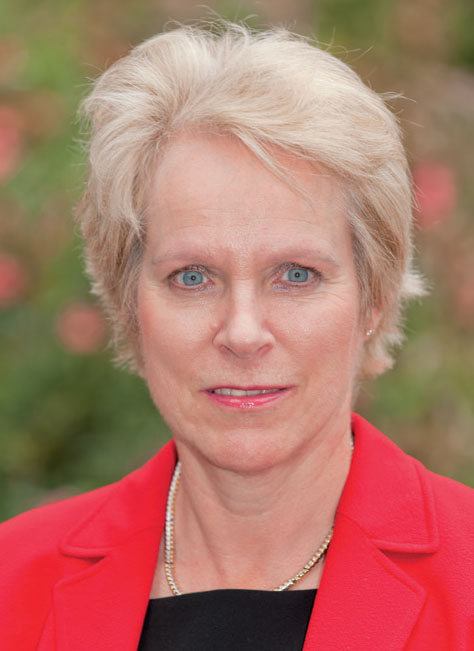
Despite overwhelming evidence that influenza vaccination is a public health benefit (World Health Organization (WHO), 2019), vaccination targets are regularly missed in the UK. Perhaps the most surprisingly feature is the reluctance of many nurses to get themselves vaccinated (Zhang et al, 2012). This not only means that they may be vectors of influenza for the people whom they are nursing, but they are also more likely to be absent through an avoidable infectious disease, thereby increasing the workload for their colleagues.
The WHO (2019) has recently warned that influenza is a global health threat and has the potential to become a global pandemic unless nations take measures to ‘prevent, control and prepare’. The 2009 global H1N1 pandemic stimulated many nations to consider how to improve their responsiveness to disease threats. The recent recurrence of ebola in Africa, after the 2013–2016 pandemic, is a reminder that viruses, including the influenza virus, are constantly mutating and circulating, ready to threaten the population if a new subtype is able to spread efficiently among humans. The WHO (2019) endorses seasonal vaccination as the best intervention for preventing and reducing the impact of influenza. Further, vaccination reduces the health risks for those with long-term conditions and helps reduce the incidence of severe pneumonia as well as the inappropriate use of antibiotics for viral respiratory infections.
It is perhaps puzzling why people decline the opportunity to be vaccinated. Zhang et al (2011) found that nurses with a high knowledge level and high risk perception, including personal vulnerability and likelihood of transmitting influenza to patients and others, were more likely to be vaccinated. Vaccinated nurses were also more likely to promote influenza vaccination among their patients. However, a study of 522 London nurses revealed that their vaccination behaviours were complex, with many citing a personal health motivation rather than a professional responsibility, and a significant number were persistent decliners, having never been vaccinated and with no intention of changing their behaviour (Zhang et al, 2012).
Ill health prevention through healthy behaviours and the uptake of prophylaxis, including seasonal influenza vaccination, are key components of health policy. While many older people avail themselves of an annual vaccination, vaccine hesitancy is hampering ambitions to improve population coverage (International Longevity Centre (ILC), 2019). Seasonal influenza vaccine hesitancy is an attitudinal barrier to uptake and is different from wider vaccine hesitancy with its focus upon childhood and distrust. The ILC (2019) recommended that, while it is important to raise the awareness of influenza as a health threat and emphasise the efficacy of the vaccine, seasonal influenza vaccination should be framed as part of a healthy lifestyle for older people.
The ILC (2019) found that health professionals in community or primary care were an important source of vaccination information. The Oxford Vaccine Knowledge Project (http://vk.ovg.ox.ac.uk/vk/inactivated-flu-vaccine) may be a helpful information source. Community nurses, alongside other health professionals, have a professional responsibility to both promote and deliver seasonal influenza vaccination within the work settings.
‘The WHO (2019) has recently warned that influenza is a global health threat and has the potential to become a global pandemic unless nations take measures to ‘prevent, control and prepare’.’

